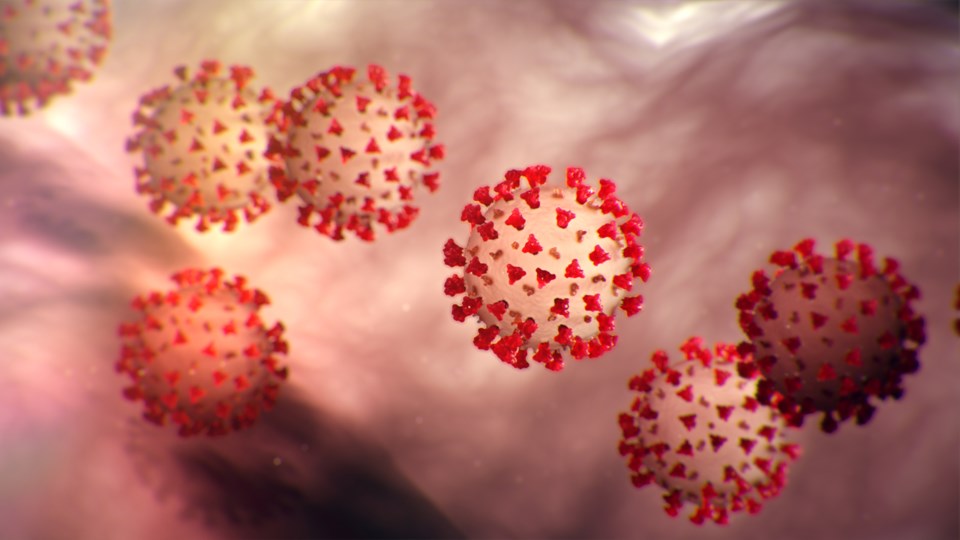For the most part, the Ministry of Health has stuck to the strategy of distributing the COVID-19 vaccine first by those living in long-term care and personal care homes, and then by age. Certain health care workers, particularly those dealing directly with COVID-19, were also prioritized. But with the introduction of Phase 2, there is now a move to target people with specific “underlying health conditions that are extremely vulnerable,” regardless of age.
These people will receive “priority sequencing, regardless of age,” according to the Ministry of Health. Minister of Health Paul Merriman made the announcement from the Legislature on March 18.
Approximately 25,000 people have been identified in this category.
Merriman said, “The letters are going out to be able to make sure that have some verification when they do the call in. And anybody that receives that letter of instructions, our online system is strictly age-based, so if you're not 67 or older right now, it will not allow you to book. So that's why we're asking people that when they get this letter, please call in to the phone number 1833 SASK-VAX (1-833-727-5829), and when they come into their appointment to actually have their vaccination, present that letter and that will allow them to get the vaccination at their scheduled time.”
Saskatchewan Health Authority CEO Scott Livingstone said those letters should be received in the next few days.
The list is as follows:
- Solid organ transplant recipients.
-
People with specific cancers:
- People with cancer who are undergoing active chemotherapy.
- People with lung cancer who are undergoing radical radiotherapy.
- People with cancers of the blood or bone marrow such as leukemia, lymphoma or myeloma who are at any stage of treatment.
- People having immunotherapy or other continuing antibody treatments for cancer.
- People having other targeted cancer treatments that can affect the immune system, such as protein kinase inhibitors or PARP inhibitors.
- People who have had bone marrow or stem cell transplants in the last six months or who are still taking immunosuppression drugs.
- People with severe respiratory conditions including all cystic fibrosis, severe asthma and severe chronic obstructive pulmonary disease (COPD).
- People with rare diseases that significantly increase the risk of infections (such as severe combined immunodeficiency (SCID), homozygous sickle cell disease).
- People on immunosuppression therapies sufficient to significantly increase risk of infection (biologic modifiers, high dose steroids, AZT, cyclophosphamide).
- People who had their spleen removed.
- Adults with very significant developmental disabilities that increase risk.
- Adults on dialysis or with chronic kidney disease (stage 5).
- Women who are pregnant with significant heart disease, congenital or acquired.
- Significant neuromuscular conditions requiring respiratory support.
- Projected finished: Fall 2021 (depending on available vaccine supplies)



